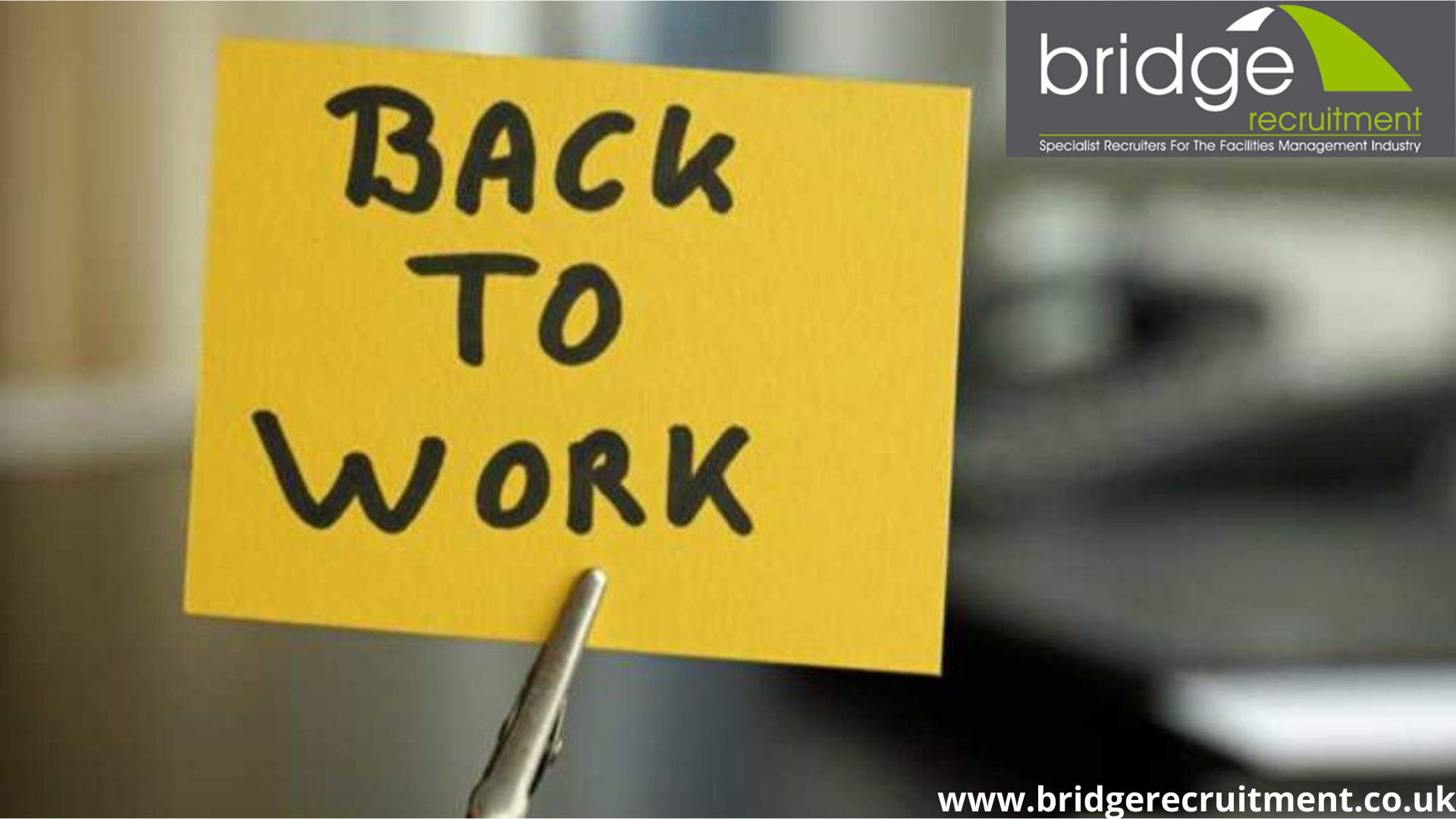
The End of Furlough – what does this mean for UK businesses?
Back in Spring last year, the Furlough Scheme was introduced in order to stop workers being made redundant by their employers during lockdown in the UK.
Initially, the government paid 80 percent of employees’ wages if they were unable to work or if their employers couldn’t pay them. In July of this year, employers were required to pay 10 percent of salaries, while the government paid 70 percent. As it now stands, the government’s contribution has fallen to 60 percent while employers pay 20 percent. It has acted as a safety net both for those who have been unable to pay a full wage, and those unable to work.
The most recent figures show that 1.6 million people were on furlough at the end of July, proving that these numbers have dropped since the economy has been reopened. This figure is the lowest it has been since the beginning of the pandemic, and saw a significant drop between June and July, down by 340,000.
The Furlough Scheme ends today, and employers will need to make the decision to either take back their employees or make them redundant. The pandemic has hit businesses so hard over the past year and a half and many haven’t been able to weather this extremely tough period. The Furlough Scheme has helped to save around 11.6 million jobs since it was introduced.
At the moment, there are a number of sectors which are struggling to keep their head above water, due to major recruitment issues. The hospitality sector is one of them. Many restaurants and pubs were hit hard when the pandemic hit, and many workers were laid off from the start. This has left businesses with huge staff shortages, due to employers simply not in the position to pay their workers.
The haulage sector has also been hit pretty hard. Staff shortages and lack of HGV drivers has meant that goods and services haven’t been as consistent of late. How many of you have been told you have to limit what you purchase lately? And, most recently, has anyone else’s 20 minute journey turned into an hour long due to mile long queues to the nearest petrol station? That is a whole different story, although the reason behind it is still the same.
Those in the Facilities Management sector have been affected too. Frontline staff within FM were needed more than ever during the pandemic and beyond, and it has put a strain on many within the industry. Staff shortages have affected almost everyone, and the FM sector is no exception. Hopefully though, we are over the worst and will start to see an improvement.
Unfortunately, a small rise in unemployment is to be expected but for those that do find themselves in such a situation, the number of available vacancies is at a record high – meaning there are plenty of opportunities out there and lots of employers looking to hire new workers.
So when there is a delay in service and standards not quite up to scratch, let’s remember that we are all coming out of an unprecedented time and the world of business needs to stabilise and find its feet. By pulling together, we can weather the storm as we have during the last 18 months.
